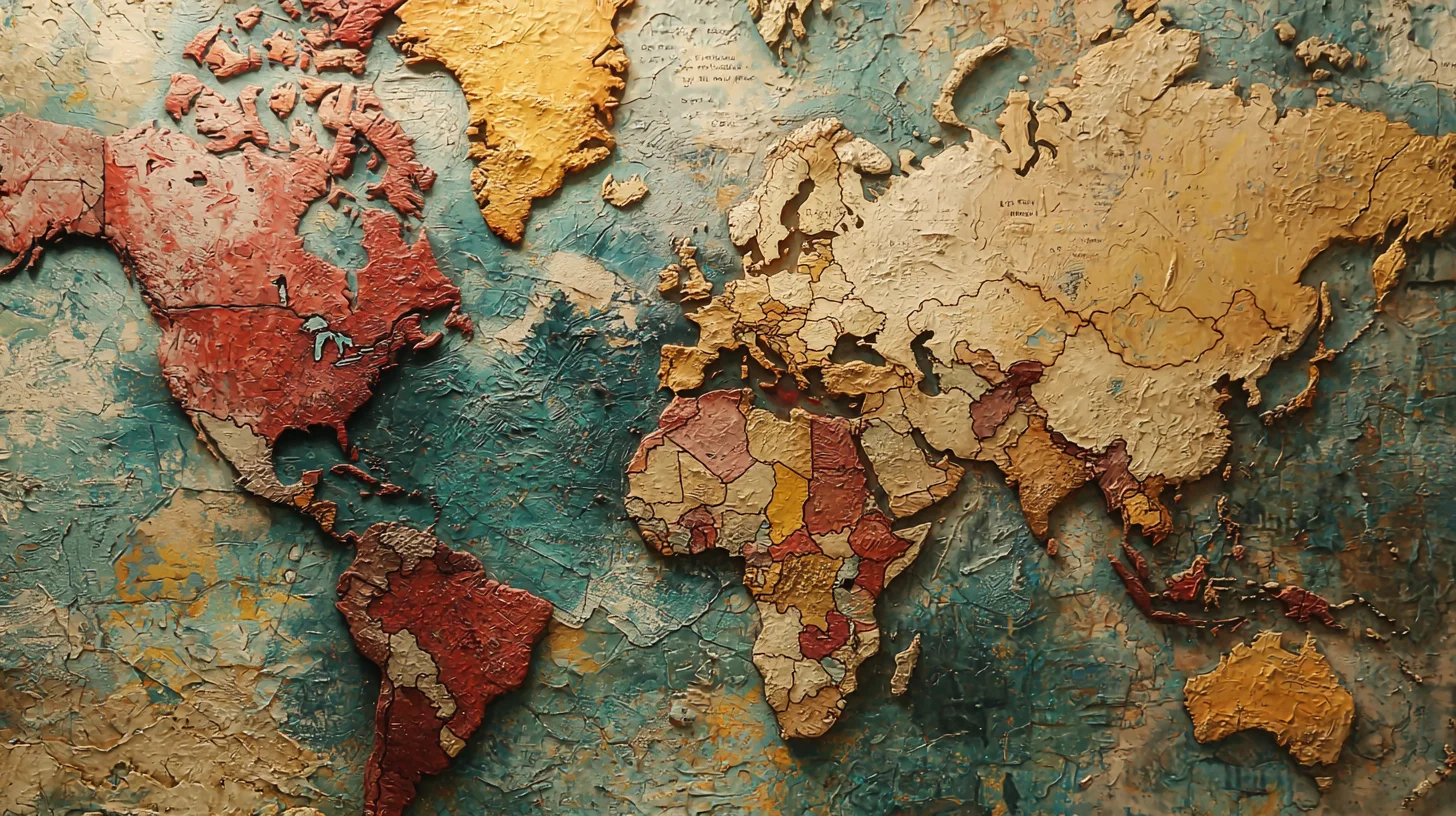13 April 2024
Iran's Strategic Calculus in the Israel-Palestine Conflict Intensifies Regional Tensions.

Press the play button in the top right corner to listen to the article
Amid the ongoing turmoil in the Middle East, the Israel-Palestine conflict has escalated dramatically, with new developments drawing in regional powers in a complex geopolitical ballet. Central to this drama is Iran's nuanced engagement through proxy warfare, a strategy that both amplifies and complicates the volatile situation.
Iran's involvement in the conflict is largely channeled through its support of various militias across the Middle East. These groups, often referred to collectively as the "axis of resistance," include Hezbollah in Lebanon and other aligned militias in Iraq and Syria. These proxies extend Iran's influence into contentious zones, serving Tehran's interests by proxy while allowing it to avoid direct military confrontation. This strategy is crucial for Iran as it navigates the regional power dynamics and seeks to maintain a balance between exerting influence and avoiding overt war, which could expose it to international retaliation and internal vulnerabilities.
The recent flare-ups in Gaza have underscored the persistent instability in the region. Israeli operations aimed at dismantling Hamas's military capabilities have led to significant humanitarian concerns. While Israel withdraws from specific sectors of Gaza, its forces continue targeted operations across the region, complicating the prospects for peace. Palestinian groups, with Hamas leading the charge, remain resilient, albeit constrained by Israeli military power and the strategic limitations of their geopolitical position.
This conflict's humanitarian impact cannot be overstated. Gaza's residents face severe hardships, including significant electricity shortages and limited access to essential services, exacerbated by an ongoing blockade. These conditions not only disrupt daily life but also pose severe health and safety risks, pushing the enclave to the brink of humanitarian disaster.
On the international stage, the response to the conflict is varied. Some countries advocate for recognizing Palestinian statehood, hoping to pave the way for a diplomatic resolution. However, global powers are divided, with strategic interests often dictating the international community's stance more than humanitarian concerns.
In this complex scenario, the United States faces its challenges, stretched thin by global commitments and domestic political pressures. U.S. policy in the Middle East is fraught with contradictions, influenced by operational bandwidth constraints and the broader political landscape, including an upcoming election that could shift its foreign policy priorities.
The unfolding situation in Gaza and the broader Middle East is a litmus test for international diplomacy and the capacity of global and regional powers to manage conflicts that have deep historical roots and profound humanitarian implications. The ongoing strife tests the resolve not only of the local actors involved but also of the international community, tasked with navigating the delicate balance between diplomacy and security concerns.
Iran's strategic approach, emphasizing proxy involvement and avoiding direct conflict, reflects a broader trend in international relations where state actors increasingly rely on indirect means to achieve their geopolitical objectives. This method allows Iran to conserve its resources and maintain a stance in international negotiations, providing it with leverage despite the regional instability it helps foster.
As the conflict continues to unfold, the world watches closely, hoping for de-escalation but preparing for the complexities of a situation with no easy solutions. The intricate dance of diplomacy, warfare, and proxy engagements defines this modern geopolitical challenge, underscoring the volatile nature of regional politics in the Middle East and the significant implications for global peace and stability.
In conclusion, the Israel-Palestine conflict, exacerbated by external influences like Iran's strategic maneuvers, continues to be a central axis of Middle Eastern geopolitics. The conflict not only shapes the lives of those directly involved but also impacts the broader geopolitical landscape, challenging the international community to rethink its strategies and commitments in the region. As this geopolitical chess game continues, the stakes remain high, with peace seemingly elusive and the potential for further escalation always on the horizon.
The content, including articles, medical topics, and photographs, has been created exclusively using artificial intelligence (AI). While efforts are made for accuracy and relevance, we do not guarantee the completeness, timeliness, or validity of the content and assume no responsibility for any inaccuracies or omissions. Use of the content is at the user's own risk and is intended exclusively for informational purposes.
#botnews














































































